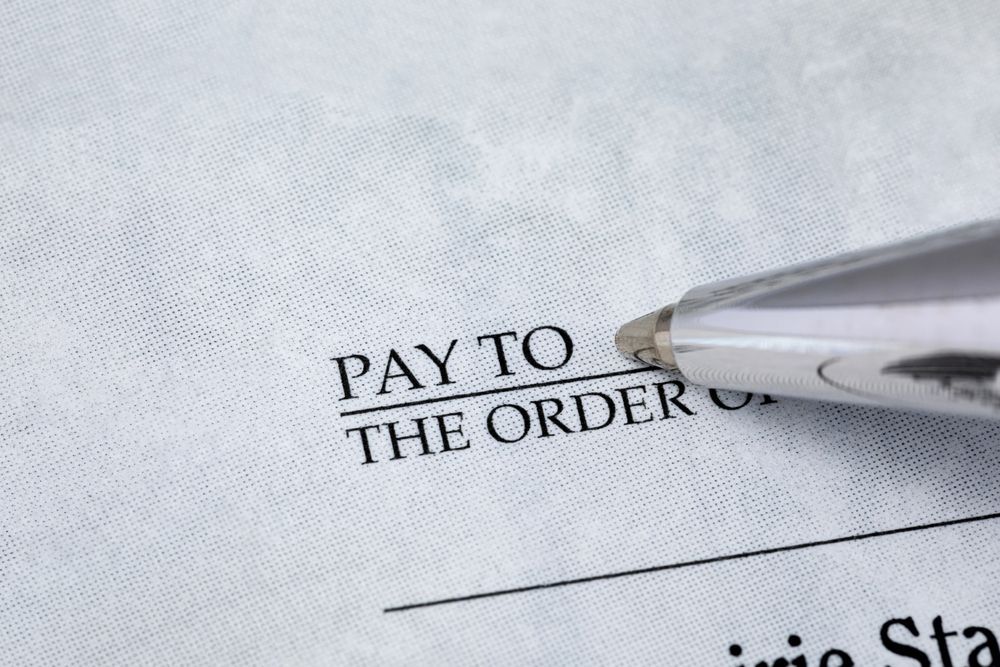Fraud Lawyer on the Central Coast
Fraud Lawyer Central Coast
At Spencer Lawyers on the Central Coast, we understand the challenges of facing fraud charges and the complexities of financial misconduct cases.
If you need a fraud lawyer, we provide clear guidance and legal representation to help you navigate the process.
Fraud offences under NSW law involve allegations of dishonesty, deception, or financial advantage and carry significant penalties, including imprisonment.
Contact Spencer Lawyers today on 0414 709 543 to organise a consultation and discuss your case.
Step-by-Step Legal Assistance
Our team helps you manage your legal obligations by providing structured and practical services.
Comprehensive Legal Support
We provide support across criminal law, family law, and estate-related processes with a structured approach.
Tailored Legal Services
Our services are adjusted to meet the unique requirements of your legal situation on the Central Coast.
Understanding Fraud Offences
Fraud can encompass a wide range of dishonest conduct, including obtaining property through deception, manipulating financial transactions, or providing false or misleading information to gain an advantage.
These offences are often treated seriously under Australian law due to their financial and personal impact on individuals, businesses, or government entities.
Section 192E of the Crimes Act 1900 outlines fraud as actions involving intentional deception that cause financial loss or benefit to one party at the expense of another.
This can include scenarios such as falsifying documents, embezzlement, misrepresentation, or obtaining services dishonestly.
If you’re accused of fraud – whether it’s Centrelink-related, corporate fraud, identity fraud, or false representation – having a knowledgeable fraud lawyer on your side is important.
Our team aims to clearly explain your legal rights, outline the potential outcomes, and develop practical strategies tailored to your circumstances, helping you have the support you need to address these serious charges.
What are Fraud Offences?
Fraud is a serious criminal offence that occurs when a person dishonestly acquires someone else’s property, obtains some kind of financial advantage or cause he’s someone any kind of financial disadvantage by deceiving another person.
The maximum penalty for a general fraud offence is 10 years’ imprisonment.
What Does the Law Say?
Under s 192E of the Crimes Act 1900 NSW
- A person who, by deception, dishonestly
A. obtains property belonging to someone else or
B. obtains a financial advantage or causes a financial disadvantage, is guilty of fraud.
Is guilty of an offence of fraud whereby the maximum penalty for this offence is 10 years imprisonment.
There is a statutory alternative for this offence of larceny, which means that you could be found guilty of larceny instead if the police are unable to prove fraud.
Intention to Defraud by False or Misleading Statement
In NSW, intention to defraud by false or misleading statement is a serious offence that attracts a maximum penalty of five (5) years imprisonment.
The offence of ‘intention to defraud by false or misleading statement” is set out in section 192G of the Crimes Act 1900 which states:
“a person who dishonestly makes or publishes, or concurs in making or publishing, any statement (whether or not in writing) that is false or misleading in a material particular with the intention of:
(a) obtaining property belonging to another; or
(b) obtaining a financial advantage or causing a financial disadvantage, is guilty of an offence."
Commonwealth Centrelink Fraud
What is Centrelink Fraud?
Centrelink fraud is a common offence prosecuted by the courts. You can be charged with Centrelink fraud for failing to declare earnings from employment, submitting false documents, exaggerating a medical condition and over-claiming benefits.
For advice on how best to proceed with your case, your options and possible outcomes, contact us today. We’ll explain the process and what you can you expect to happen.
What Does the Legislation Say?
Under s 134.2 of the Criminal Code Act, you will be guilty of the offence of obtaining a financial advantage by deception if the Commonwealth DPP can prove each of the following elements:
- You did something deceptive, for example, you provided false information to Centrelink; and
- That deception resulted in you obtaining a financial advantage; and
- The financial advantage was taken from a Commonwealth entity, in this case- Centrelink; and
- The deception was dishonest in accordance with the standards of ordinary people; and
- At the time, you were aware that by engaging in that deceptive conduct, there was a substantial risk of receiving a financial advantage and that it was inexcusable to take that risk.
Statute further purports under s 135.2 of the Criminal Code Act that an individual will be found guilty of the offence when the Commonwealth DPP can prove the following elements:
- You did something that caused you to receive a financial advantage; and
- You knew that you were not eligible to receive that financial advantage; and
- The financial advantage was taken from a Commonwealth entity, in this case, Centrelink.
This content is intended to provide a general guide to the subject matter. Specialist advice from our Legal team should be sought about your specific circumstances.
Frequently Asked Questions
Can I be charged with fraud if I didn’t personally benefit from it?
Yes. If you deceive or mislead for financial or personal gain—regardless of whether you benefited—you can still be charged.
Is lying on a loan application considered fraud?
Yes. Providing false information on a financial application can lead to serious fraud charges.
Is cryptocurrency fraud treated the same as traditional financial fraud?
Yes. Misleading or deceiving others in cryptocurrency transactions can result in fraud charges, just like with traditional banking.









